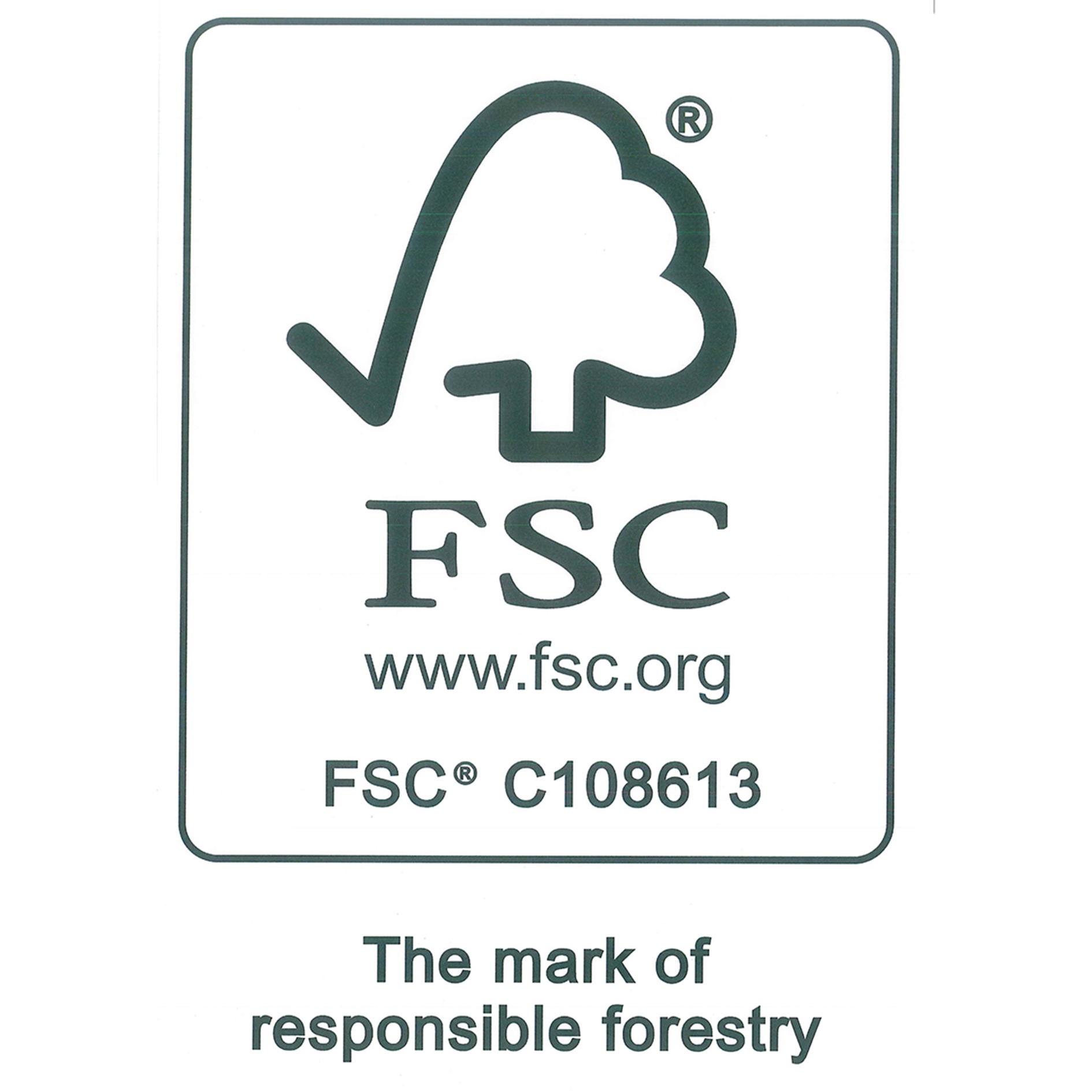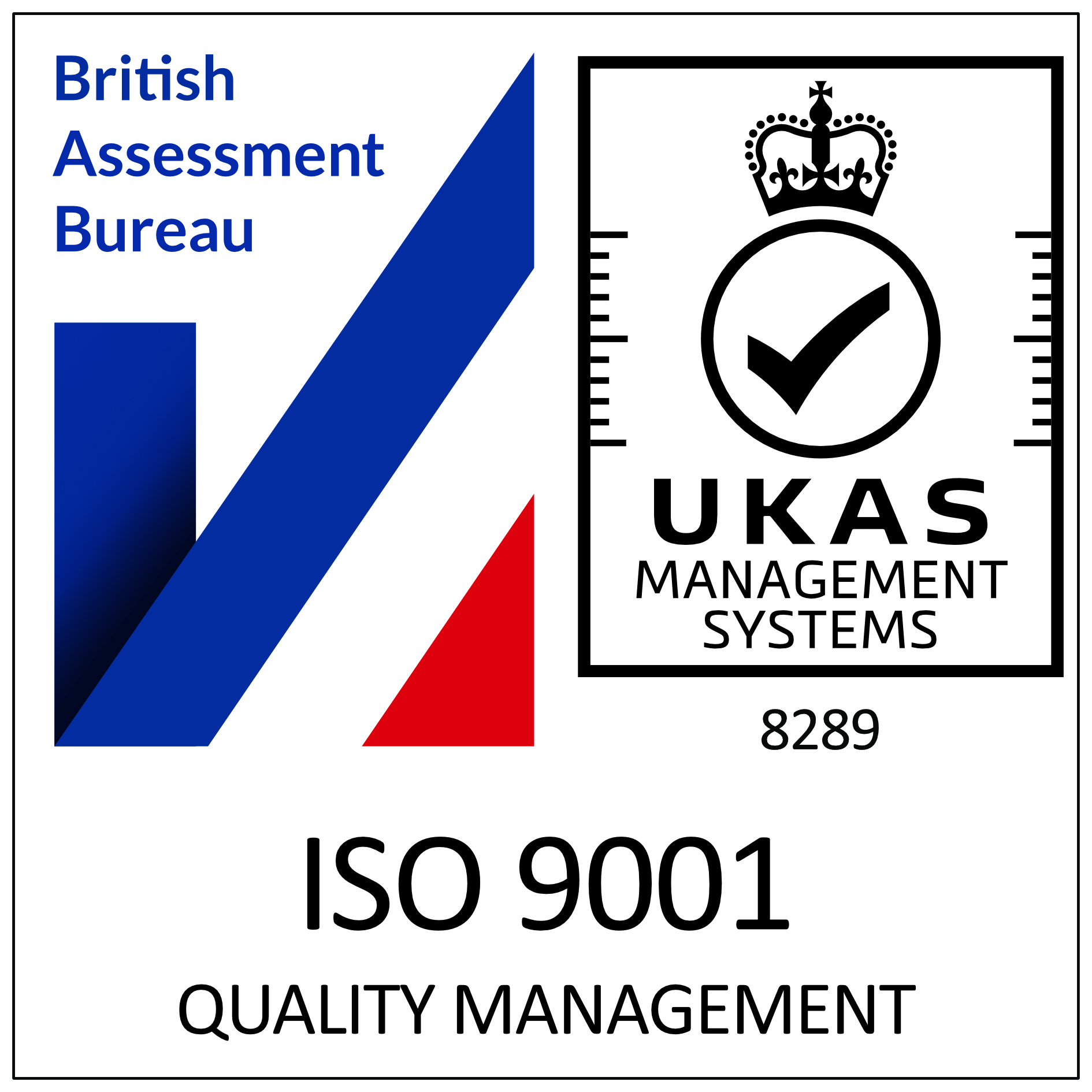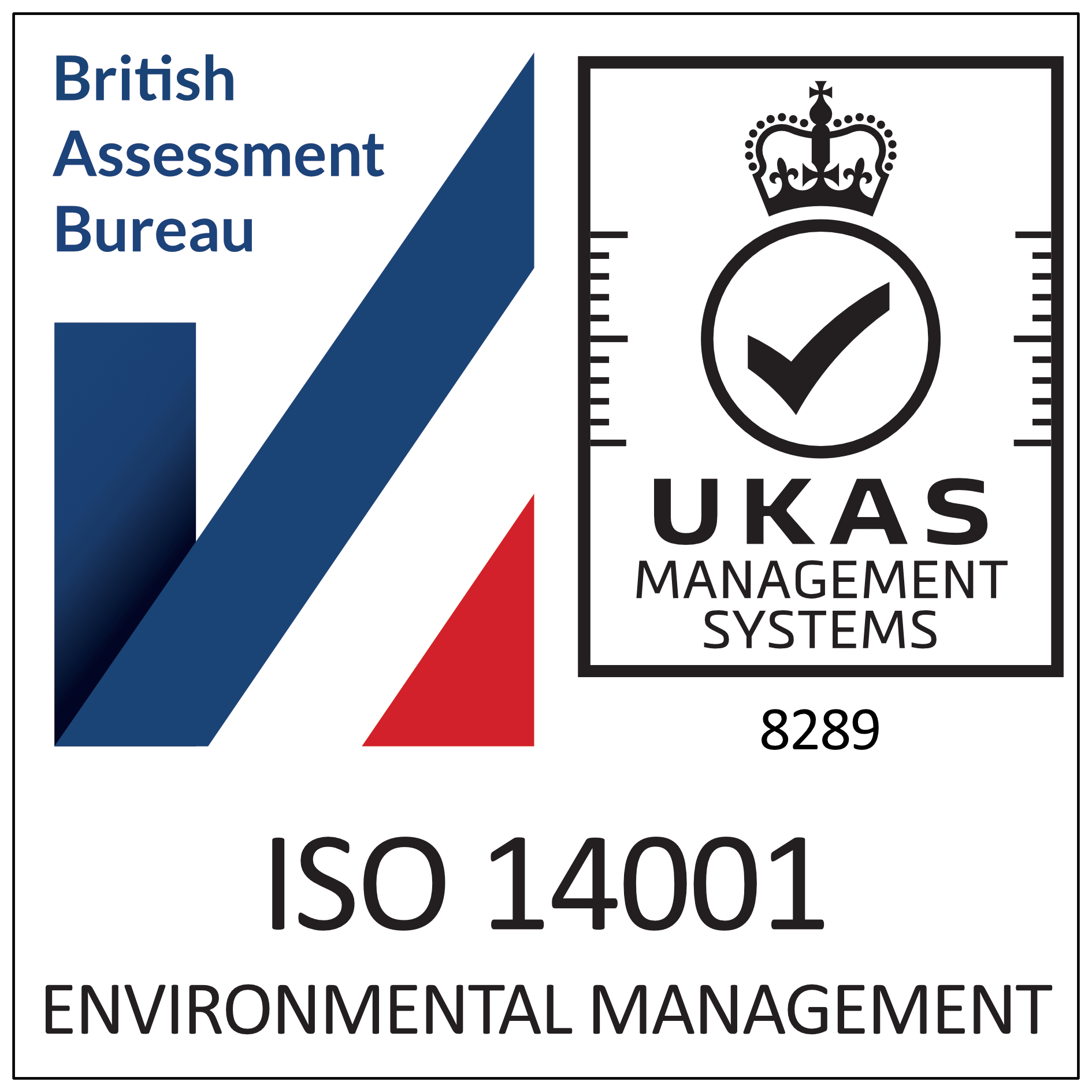The importance of commercial fire doors
We’ve talked about fire doors on numerous occasions, in all of the different environments where they are required. The essential point to note is that we should always – even if we are not regulated or compelled to by Law – take every possible precaution against the spread of fire and smoke; (and that includes, of course, preventing the fire from starting in the first place!).
In this article we’ll be taking a look at their vital role in the commercial sector, but before we do let’s remind ourselves what fire doors are designed to do. They serve three main and overlapping purposes:
- First of all, they are designed to restrict the initial development of a fire. If the fire door is correctly fitted and functioning as designed, it can help to suppress a fire by restricting the amount of oxygen available to it
- Secondly, they are designed to restrict the spread of fire. A closed fire door will endure “direct attack” for a specified period of time, restricting the spread of fire thus allowing safe evacuation and for resources such as sprinklers and fire-fighters to perform their functions
- Thirdly, to protect escape routes. The provision of protected escape routes is a key requirement of Building Regulations, which we’ll be covering below. Any door opening onto an escape route or operating across an escape route will almost certainly be designated as a fire-resisting door. This will ensure not only that people are protected from the fire as they evacuate, but also that fire-fighters entering the building will enjoy some protection
Regulations and the Law
As you would expect, any building where the public gather must have commercial fire doors in place, and appropriate procedures to deal with any emergency. There are a number of regulations and laws that apply, and we highlight some of the key ones here:
The Health and Safety at Work etc Act 1974
This Act (also referred to as HSWA, the HSW Act, the 1974 Act or HASAWA) is the primary piece of legislation covering occupational health and safety in Great Britain. The Health and Safety Executive, with local authorities (and other enforcing authorities) is responsible for enforcing the Act and a number of other Acts and Statutory Instruments relevant to the working environment.
The full text of the Act is here.
Regulations for new buildings
For new buildings, or buildings which are subject to significant alterations, extensions, or changes of use, the appropriate building regulations apply for fire doors. These regulations are known as APPROVED DOCUMENTS.
These approved documents are designed to ensure that minimum standards are met for construction in the UK, and cover areas such as accessibility, ventilation, sound and thermal efficiency as well, of course, as fire safety.
Note that in addition to these building regulations the fire doors may also have to comply with various other criteria such as BREEAM and CPET.
We can help and advise you on all of these regulations and requirements.
Regulations for existing buildings
These are governed by the Regulatory Reform (Fire Safety) Order 2005, often abbreviated to RRO or FSO. Start by visiting this site:
Making your premises safe from fire
This reform stipulates that the responsible person must carry out a fire safety risk assessment and then design and supervise the operation of a fire management plan.
Fire doors, of course, play a crucial role in the fire safety and protection of buildings covered by the FSO, and as we have often said it is VITAL that they are fitted and maintained correctly.
Regulation 38 of the Building Regulations (England and Wales)
Also be aware of this regulation, which links the Building Regulations to the RRO for those buildings where the RRO applies. Essentially, it stipulates that fire safety information should be provided to the “responsible person” at the completion of a project (or when the building is first occupied).
The information provided should include all fire safety design measures in appropriate detail and with sufficient accuracy to assist the responsible person in operating and maintaining the building safely, including the fire doors.
The contractor is responsible for handing over this information to the client or their appointed representative, and this could vary considerably according to the nature of the building or contract. Typical recipients are likely to be a Health and Safety or Environmental Health Officer, client’s surveyor or architect, or building project manager responsible for the final sign-off of the building contract.
In turn, the client should then provide the relevant information to the “responsible person”.
Click here for further information.
Fact sheets
You may find these helpful too, provided by Certifire
Fire doors and the Building Regulations
Fire doors and the Regulatory Reform (Fire Safety) order
You should also be aware of this Act if, for example, you own or manage a building where the public gather intermittently, such as a music hall.
Where are commercial fire doors used?
There are numerous environments where commercial fire doors play a vitally important role: offices, retail premises, factories, educational establishments, hospitals, hotels, theatres, government buildings … the list goes on.
In all of these environments – and of course in non-commercial buildings too – safety is paramount … and the protection provided by fire doors is a crucial component in providing that safety.
How to get expert advice
It’s important that you talk to experts who specialise in the manufacture and installation of commercial fire doors – and who can give you excellent advice and guidance based on years of successful installations and a large and satisfied customer base.
You may find the following link helpful:
If you would like further information on our company please visit our home page or go directly to our contact page when we will respond as quickly as possible.
As always we’ll be delighted to help and advise you.








